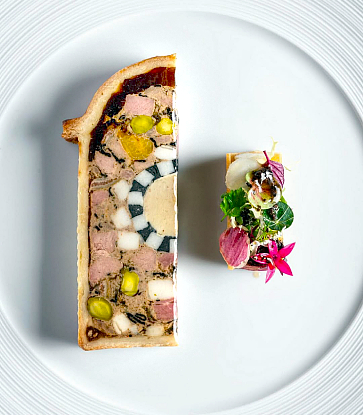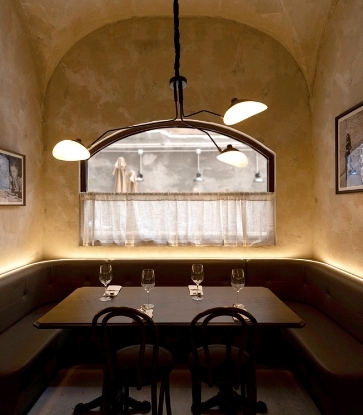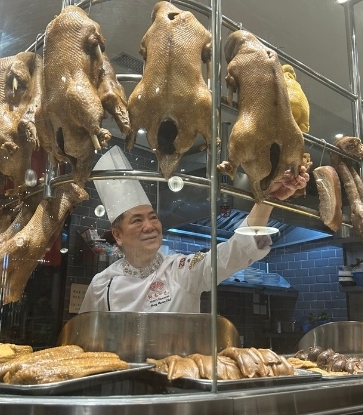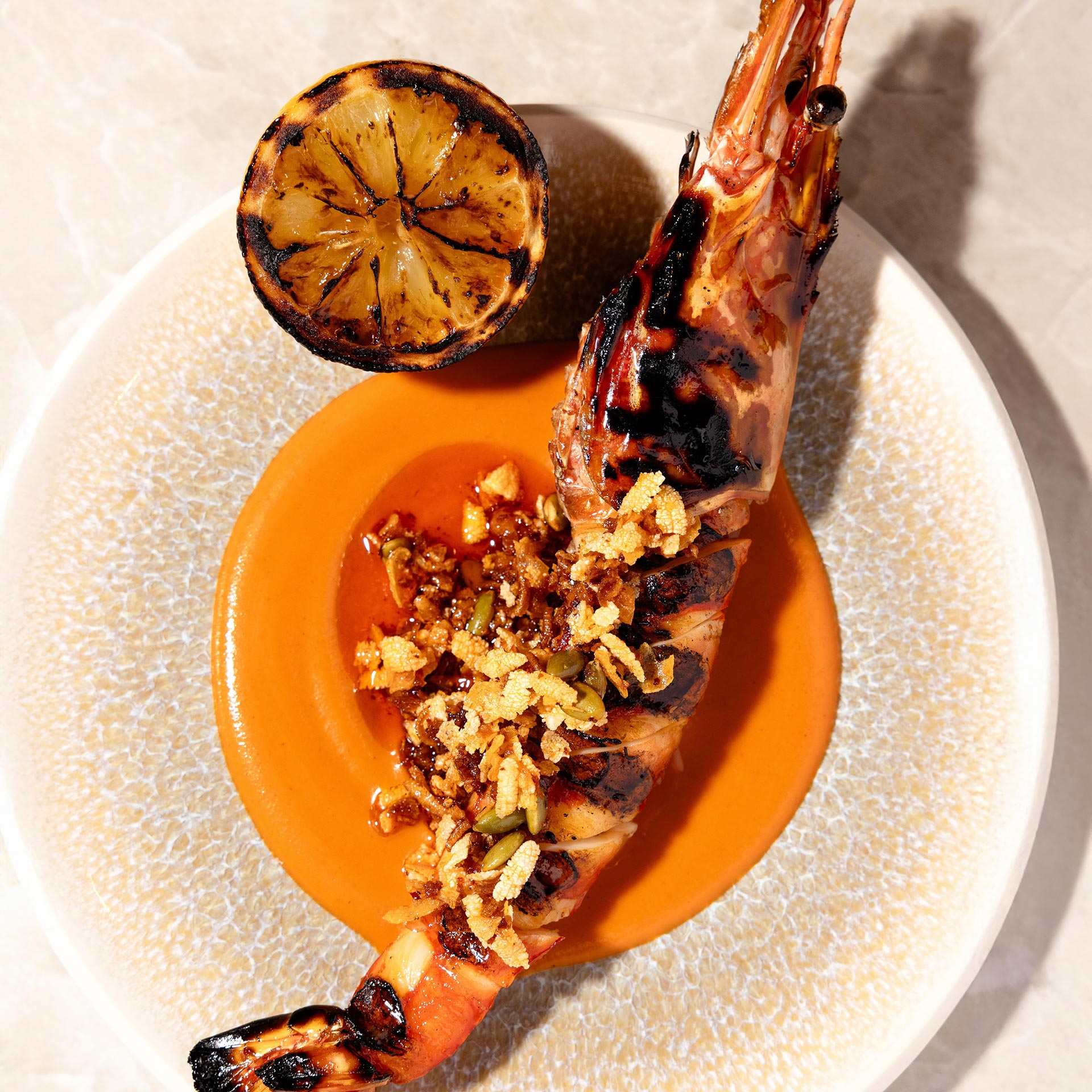Simplicity and a taste of home have been the motto of the Bib Gourmand-awarded Cantonese restaurant Lan Yuen Chee Koon since its first day of opening in 1984. Situated in a city with an abundance of flashy spectacles, the restaurant stands firmly on its principle - serving diners who seek a wholesome, peaceful meal on a quiet street in Prince Edward.
Mr Chan Jr., the owner of Lan Yuen Chee Koon, returned to Hong Kong years ago to join his father and run the restaurant. The variety of home-style food on its menu remind diners of the home-spun goodness their mothers’ cooking in the home kitchen. Its savoury dishes – steamed meat patty, steamed chicken and sizzling clay pots, to name a few – have gained a sizeable following. Regulars also come for the desserts, herbal tea and the nutritious gui ling gao (herbal jelly).
Lan Yuen Chee Koon developed a secret recipe that puts its gui ling gao as one of the best in town. It’s no easy feat to prepare this classic medicinal dish: the restaurant employs 16 to 20 types of Chinese herbs and cooks them for three days, alternating between low and high heat before it’s ready to serve.
The combination of quality ingredients that is carefully curated makes Lan Yuen Chee Koon’s gui ling gao stands out for its flavour and health benefits. Some would even take it as a form of nourishing food therapy, picking up a bowl every day in a week to detoxify their body.

Just like mum's cooking
In an era when cost-effectiveness is the name of the game, Lan Yuen Chee Koon’s adherence to the home-cooking procedure is a true exception. It uses ingredients such as Tai On chicken, sourced daily from local farms in small quantities, fresh pork and pork ribs, as well as water chestnut flour, as an alternative to gelatin powder for desserts that is 10 times more expensive.


A taste of home
What Lan Yun Chee Koon does better than any home cook (sorry mum) is the wide range of food options. Guests are free to mix and match more than 100 steamed dishes and nearly 50 claypot dishes. Extra portions of noodles and rice are provided free of charge daily except on Mondays.
There is also vegetarian soup on the first and fifteenth day of every lunar month for those who are religious, while fish soup is served every weekend. That’s not all: nearly 50 desserts and all types of gui ling gao are offered every Monday. All these are doled out fresh from just one small kitchen hustling at the back of the joint, which makes its success even more admirable.
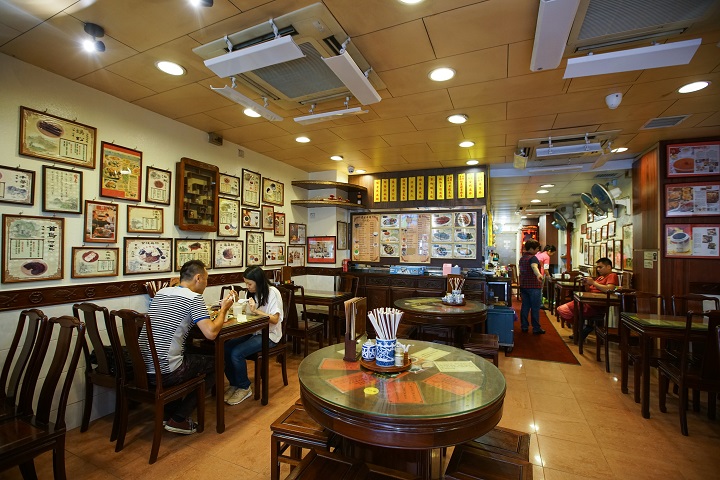
This story was originally written by Frankie Leung and translated by Vincent Leung. Click here to read the original version of this story.



